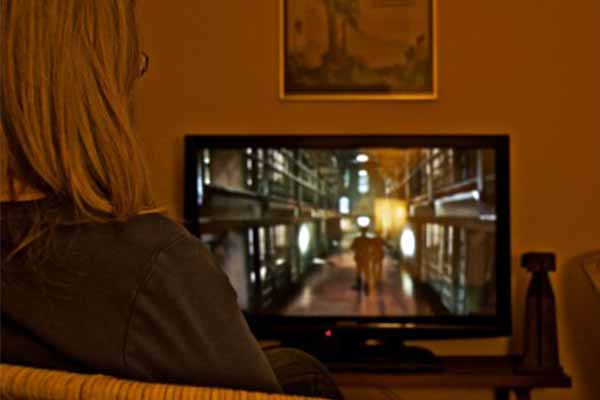
By Lorie Ham
Let’s be honest, insurance is confusing! But it doesn’t have to be, you just have to ask the right questions and not be afraid to ask about anything that you don’t understand. That’s what your agent is there for-they want to help.
Have you ever looked at your policy and wondered what on earth Replacement Cost Value (RCV) and Actual Cash Value (ACV) mean?
Your policy provides for RCV for most items. That means they agree to repair or replace your property with new property of like kind and quality. However, initially they pay the ACV. The ACV is the cost to repair or replace the damaged property less depreciation. Depreciation takes into account wear and tear, age, deterioration, and obsolescence. ACV is approximately fair market value.
So let’s say that someone broke into your house and stole your big screen TV. Items depreciate over time. So to begin with, the insurance company gives you the ACV. Once you replace your TV and spend more than the ACV plus your deductible, you can recover some or all of the depreciation. You then give the receipt to the insurance company and you will get back the amount that your original TV depreciated. In the end, this gives you the RCV-the price of the new TV minus your deductible. The catch here is that you actually have to buy the new TV to get the full benefit. If instead you want to spend the money on something else, or maybe get a smaller TV, then you just end up with the ACV (fair market value).
I hope that makes more sense now, if not, please pick up the phone and ask your agent questions until you are sure you understand. Better to know now, then wait until your TV is stolen just before the big game and you don’t know what to do!

